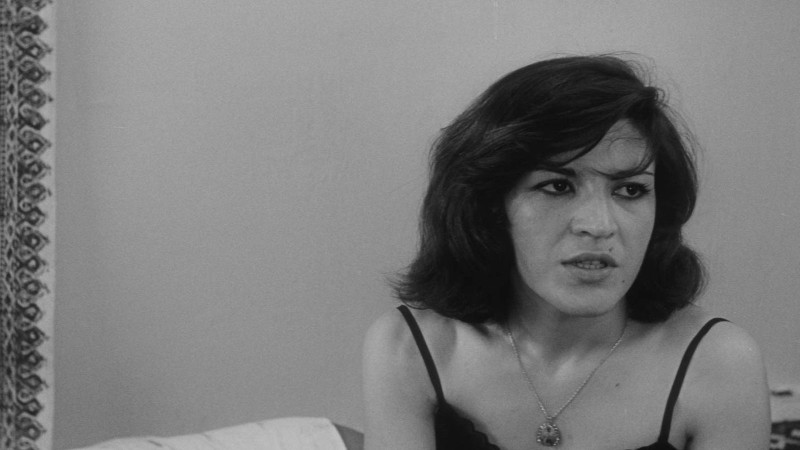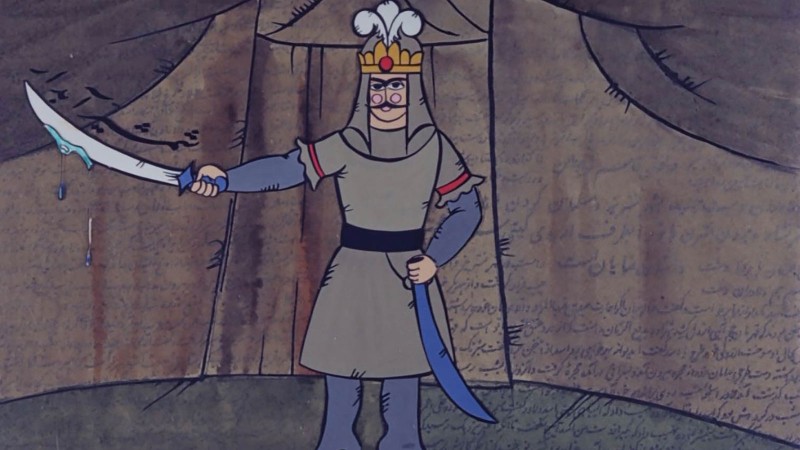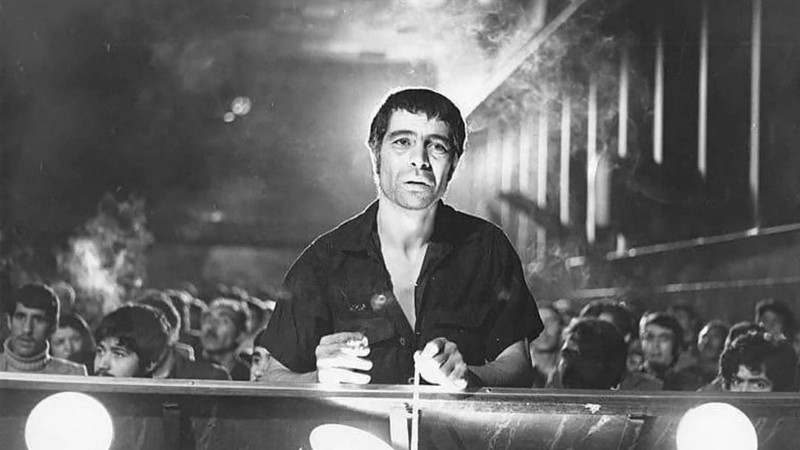Iranian New Wave: 1962–79
Iranian New Wave: 1962–79 and the original film program it is based on are curated by Ehsan Khoshbakht, Codirector, Il Cinema Ritrovato, with Joshua Siegel, Curator, and La Frances Hui, Curator, Department of Film, The Museum of Modern Art, New York.
Iranian Cinema Before the Revolution, 1925-1979, a landmark retrospective held last year at The Museum of Modern Art (MoMA) in New York, was an eye-opener that traced a national cinema still largely unknown to a wide international audience. Thanks to the availability of new restorations and rare archival film prints, the majority of which now banned in Iran, an immensely creative period was revisited in splendid detail, revealing the roots of a rich and visionary cinematic tradition. While the New York program featured over five decades of Iranian cinema encompassing the avant-garde and the popular, this selection for the Melbourne International Film Festival, curated by the original team behind the MoMA exhibition, focuses on works associated with Cinema-ye Motafavet, or the Iranian New Wave.
Cinema-ye Motafavet was a grassroots movement in Iranian documentary, fiction and animation cinema during the 1960s and 70s that, thanks to close collaboration among filmmakers and talents from the worlds of literature, music, visual arts and theatre, achieved a glorious coherence, unique in the cinema of the Middle East. Dealing with themes of alienation, anxiety and repression, Cinema-ye Motafavet revealed the contradictions of Iranian life with haunting clarity.
This program starts with the unparalleled story of a private film company, the Golestan Film Unit, which, in between producing industrial documentaries, supported the production of the first new wave documentary masterpiece, The House is Black (1962), by poet Forough Farrokhzad, as well as the movement’s first fiction milestone, Ebrahim Golestan’s Brick and Mirror (1964). Farrokhzad and Golestan also collaborated on A Fire (1961), the first in a series of commissioned films in Iran that wryly subverted the notion of commissioned cinema.
The increasing popularity of Iranian cinema was not overlooked by the state, which began to support it through institutions such as the National Television, Centre for Intellectual Development of Children and Young Adults (Kanoon), and the Ministry of Culture. It was in that context that Dariush Mehrjui’s The Cow (1969) – a major hit at both Cannes and Venice festivals – was born and stunned audiences, followed by Sohrab Shahid Saless’s brilliantly austere A Simple Event (1973) and Amir Naderi’s dazzlingly tactile Waiting (1974).
In an Iranian paradox, while the state supported modernist cinema, it also held it back through censorship. The Cow and the short gem The Night It Rained (1967), by Karman Shirdel, fell victim to this suppression. Similarly affected were films from a very popular middle-of-the-road movement that stood between the new wave and the mainstream, including The Deer (1974), the brevity of which bordered on militant cinema. Banned after one screening, the censor forced the film’s director Masoud Kimiai to shoot a new ending. Both endings will be shown in this program.
Through the lens of cinema, years before the revolution swept across the country, discontent and angst were presaged in films such as Tranquillity in the Presence of Others (Nasser Taghavi, 1969), The Stranger and the Fog (Bahram Beyzaie, 1974), Dead End (Parviz Sayyad, 1977) and The Tall Shadows of Wind (Bahman Farmanara, 1979). The 1979 revolution, the regressive tone of which soon became apparent even to those participating in it, brutally suppressed a progressive revolution in filmmaking, turning Cinema-ye Motafavet into the most tragic of the new wave movements in the history of cinema.
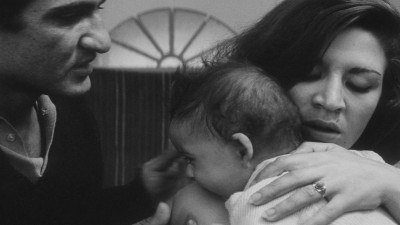
Brick and Mirror
Iranian cinema’s first true modern masterpiece, released in 1964, explores fear and responsibility in the aftermath of the 1953 coup.
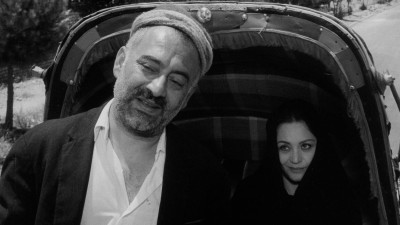
The Carriage Driver
Nosrat Karimi’s 1971 film about ‘marriage Iranian style’ – a kind of commedia all’iraniana.
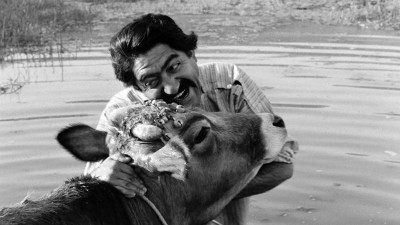
The Cow
This 1969 film portrays the themes of solitude and obsession in the story of a poor villager whose only source of joy and livelihood is his cow.
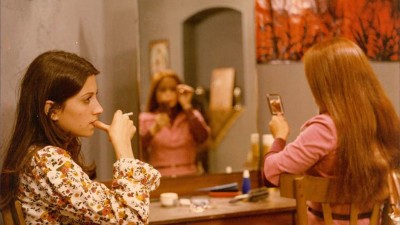
Dead End
A devastating 1977 portrait of love and longing in a country built on fear and surveillance, based on a story by Anton Chekhov.
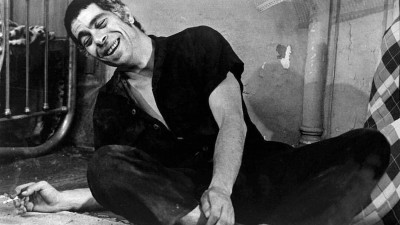
The Deer
Masoud Kimiai’s 1974 film embodies all that is great about Iranian cinema of the 1970s: it is political, provocative, sincere, angry and tragic.
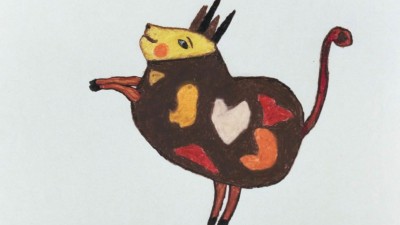
Golden Age of Iranian Animation, 1965-77
A showcase of Iranian animation, from the early efforts of Western-educated filmmakers to award-winning shorts produced by government agencies.
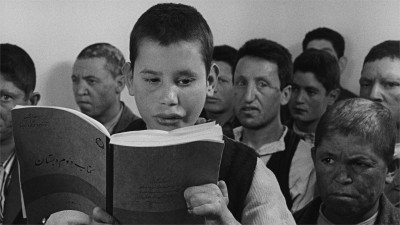
Iranian Subversive Documentaries, 1961-67
Three works manifesting the subversive nature of Iranian New Wave documentary cinema as well as their deep roots in poetry.
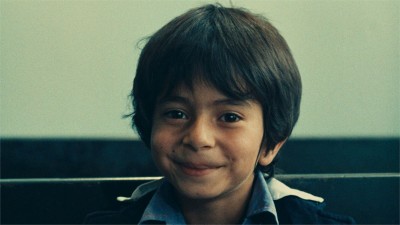
Kanoon: From Didactic to Poetic, 1974-77
A suite of films produced by Kanoon, the celebrated government agency that brought culture and literacy to children and young adults in Iran.
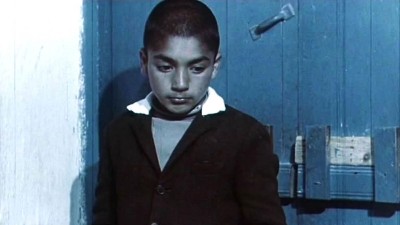
A Simple Event
Made clandestinely with little money and a skeleton crew, Sohrab Shahid Saless’s 1973 debut feature is a quietly, mysteriously simmering masterpiece.
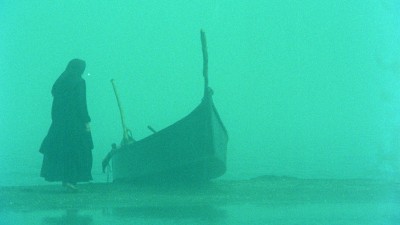
The Stranger and the Fog
In Bahram Beyzaie’s dazzling 1974 film, a mysterious stranger arrives in a coastal village on a drifting boat and falls for a local woman.
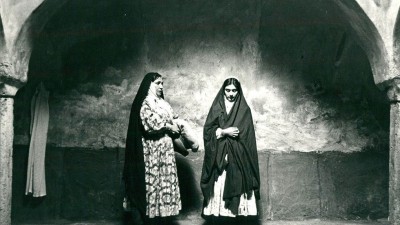
Tall Shadows of the Wind
This symbolic tale of villagers terrorised by a scarecrow they themselves have planted is based on a story by co-screenwriter Houshang Golshiri.
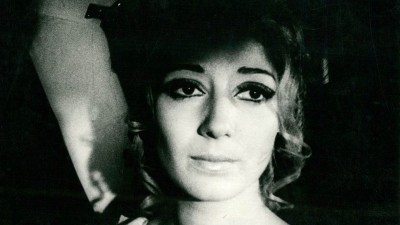
Tranquility in the Presence of Others
Nasser Taghavi’s poignant, tough-minded 1969 adaptation of a story by Gholam-Hossein Sa’edi.


